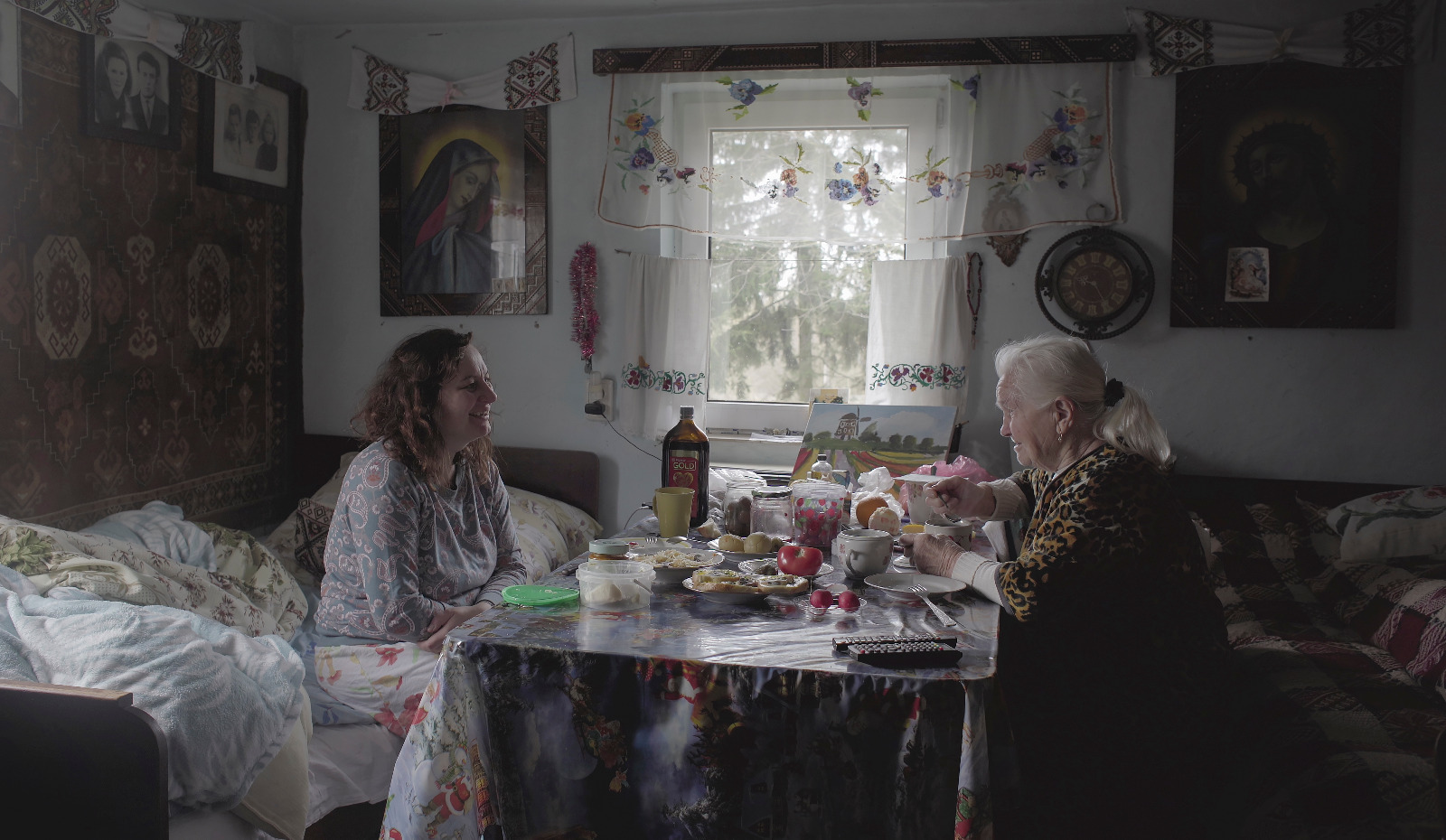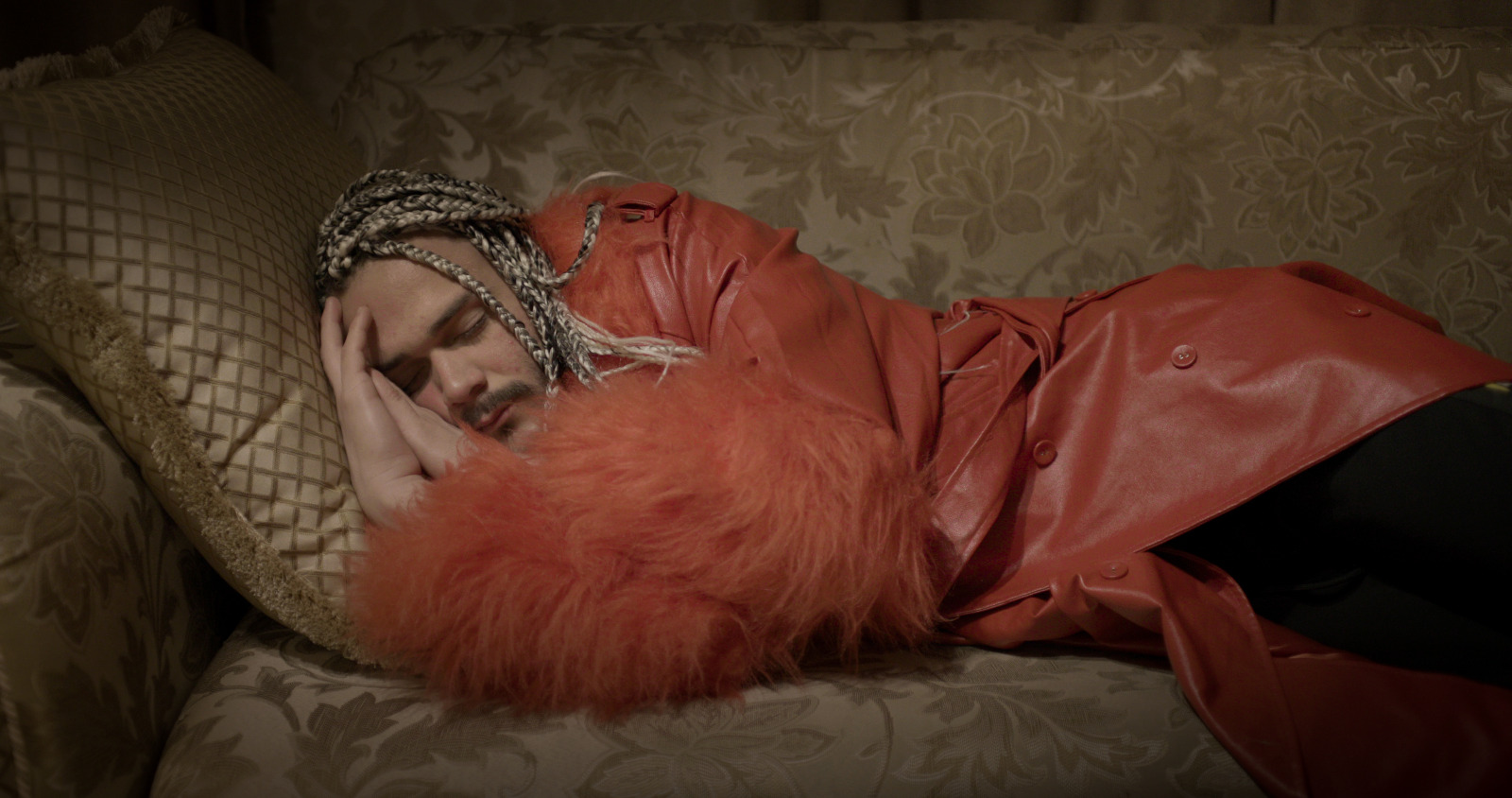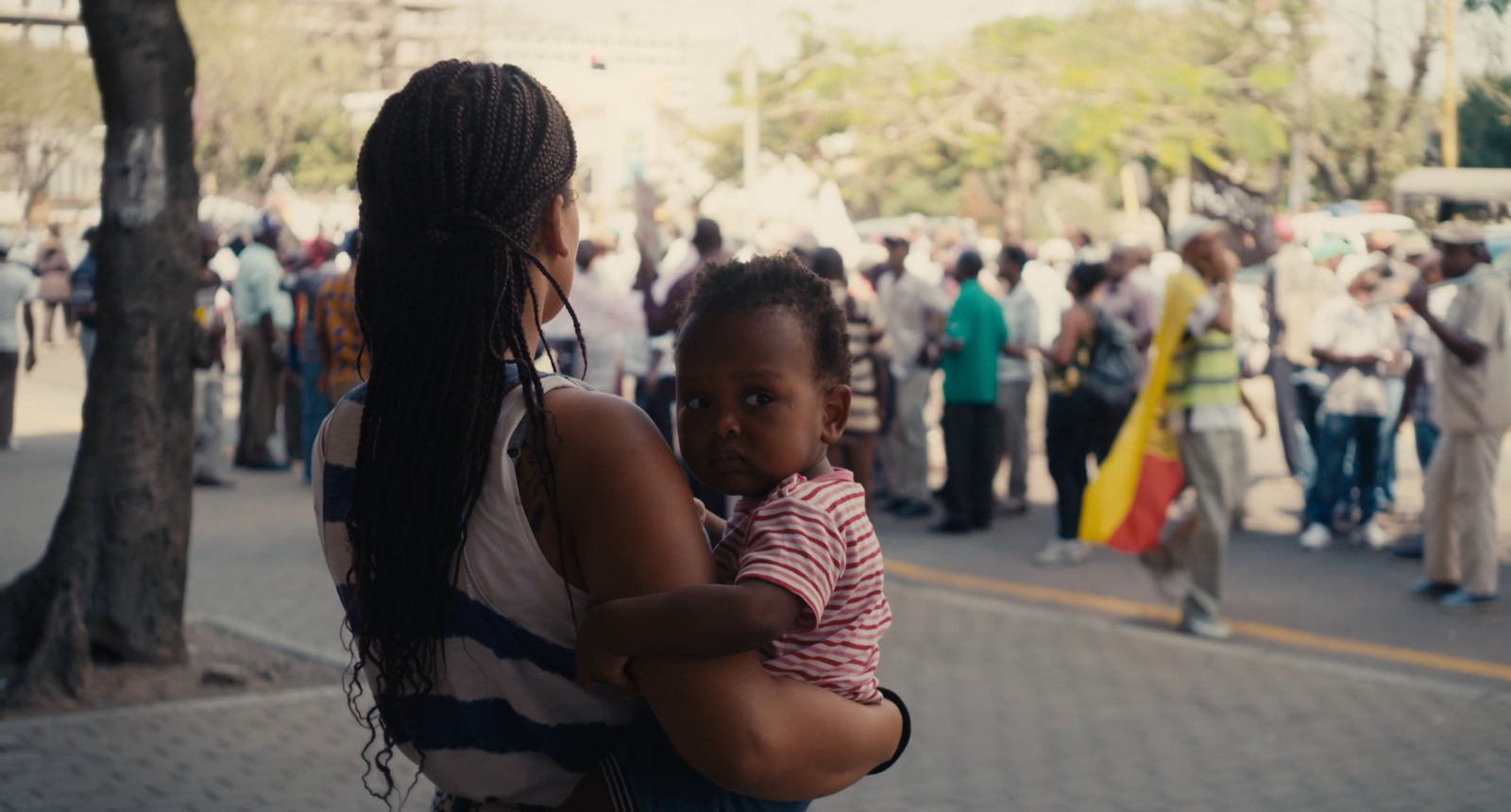My Place Ozerna
(Poland 2022)
Dir. Karina Będkowska
Programme: Persister (International Premiere)
Karina Będkowska’s My Place Ozerna is a gently observed, and deeply stirring, tale of two solitary people who find purpose in each other. The film is a riveting firsthand account of the development of their life changing relationship. It portrays a different kind of love story, one that morphs into a sensitive chronicle that reminds viewers of the crucial role that others play in maintaining a sense of self.
Lonely and listless, Będkowska is ostensibly isolated in a landscape teeming with people. She lives in London but feels alienated in that urban landscape. Physically cut off from her family, with no friends, she searches for something to give her life purpose, to provide a grounding. She maintains a phone relationship with her father in Poland but feels the need to explore the other part of her ancestry, the one in the Ukraine. She decides to call her last living relative there, her grandmother’s 84-year-old cousin, Slava, and subsequently travels to meet her.
Będkowska shows her cinematic prowess in this moving diary film. She contrasts moody images of London, in her apartment and on the street, with bright vivid views of the greener, more open spaces of the rural village of Ozerna, Ukraine. Using recordings from phone conversations, she shows that her connections with Slava are mediated by technology until she gets to Ukraine.
Upon her arrival, the film’s pace slows as the director lingers on moments in the daily life of this village. Slava tends to the farm, caring for the animals. It’s a particular rhythm of life that is so different from Będkowska’s urban existence. The director’s observational strategy offers a picture of Ozerna: the items in Slava’s house, her modest possessions, along with her neighbours and friends as they gather to meet the young woman from the city. They eat–or rather entreat the filmmaker to eat, as all proper babushkas do–and drink and sing old folk songs. It’s a lively depiction of village life.
As Będkowska’s relationship with Slava grows and their conversations go deeper, more is revealed about herself and her aging relative. They eventually dig into more painful subjects, like the death of Slava’s beloved husband many years before. At the same time, Będkowska shares her own most private secrets. It becomes a symbiotic relationship as they build a profound bond.
These individuals are filling a hole in each other’s life. As the conversations expose more, we see that they are awakening their lives, giving them renewed purpose. The film takes surprising turns as the director cleverly crafts a heartwarming narrative out of a fading will to live. Będkowska manages to create an especially evocative experience as she provides insights into her inner world while, at the same time, summoning a portrait of Slava’s indomitable spirit.
This highly personal film develops an optimistic message about human existence. My Place Ozerna has an emotional lucidity that refreshingly moves beyond simple logic. There’s an essential truth unearthed here as Będkowska ingeniously creates a film that is life affirming and that remains within reach for anyone who chooses to look for it.











